Police break up unauthorised Covid demonstration in central Swiss town
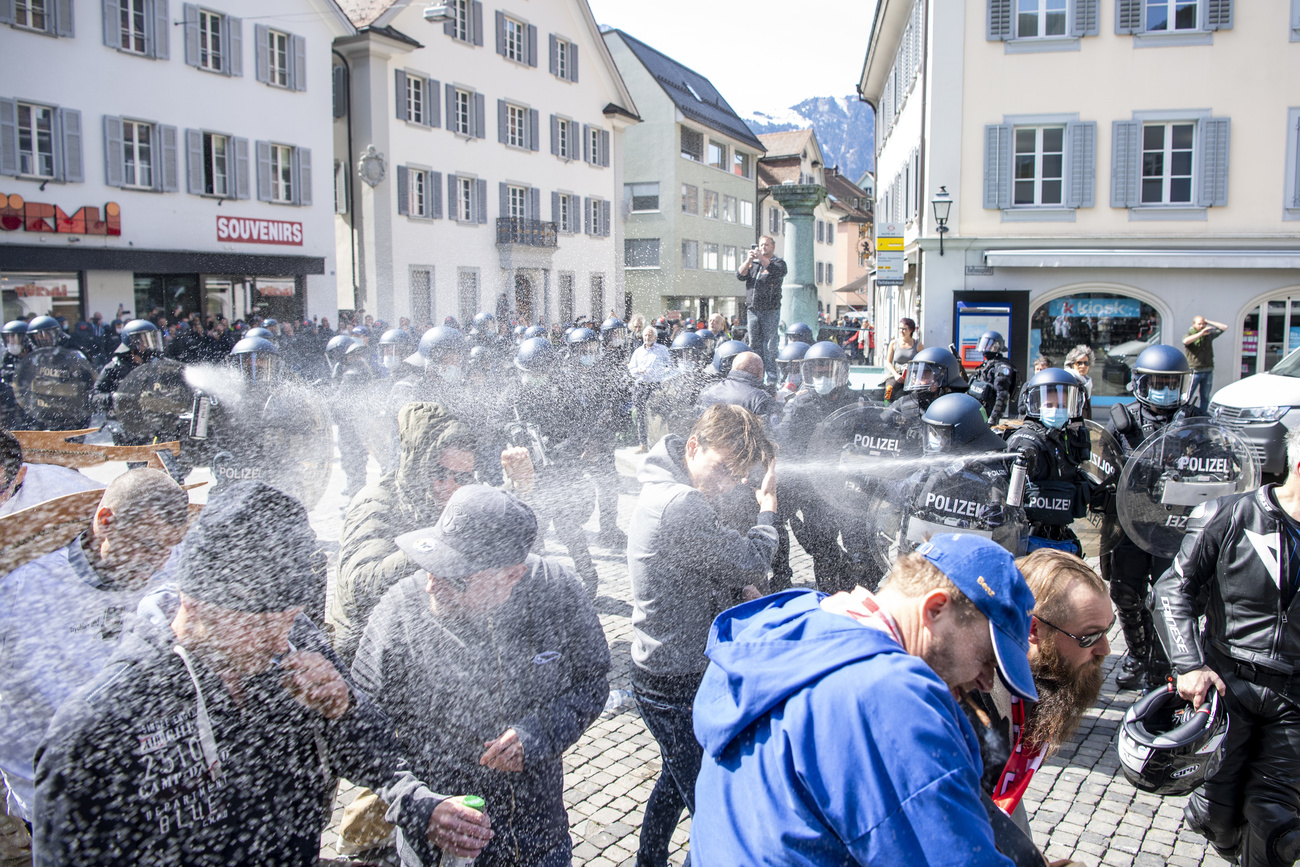
Officers fired teargas at a group of protestors who defied a cantonal ban on demonstrations in Altdorf on Saturday afternoon, as other Swiss cities remained relatively calm despite social media calls for large protests this weekend.
Around 500 opponents of government measures to fight the Covid-19 pandemic began gathering before noon around a monument of William Tell on a town square in Altdorf, the capital of canton Uri. Some left after police, made up of officers from various cantonal forces dressed in riot gear, asked them repeatedly to disperse. Others returned, dressed in black and wearing white masks, holding placards reading, “We cry for liberty”.
Police then fired teargas at those demonstrators who resisted additional demands for them to leave.
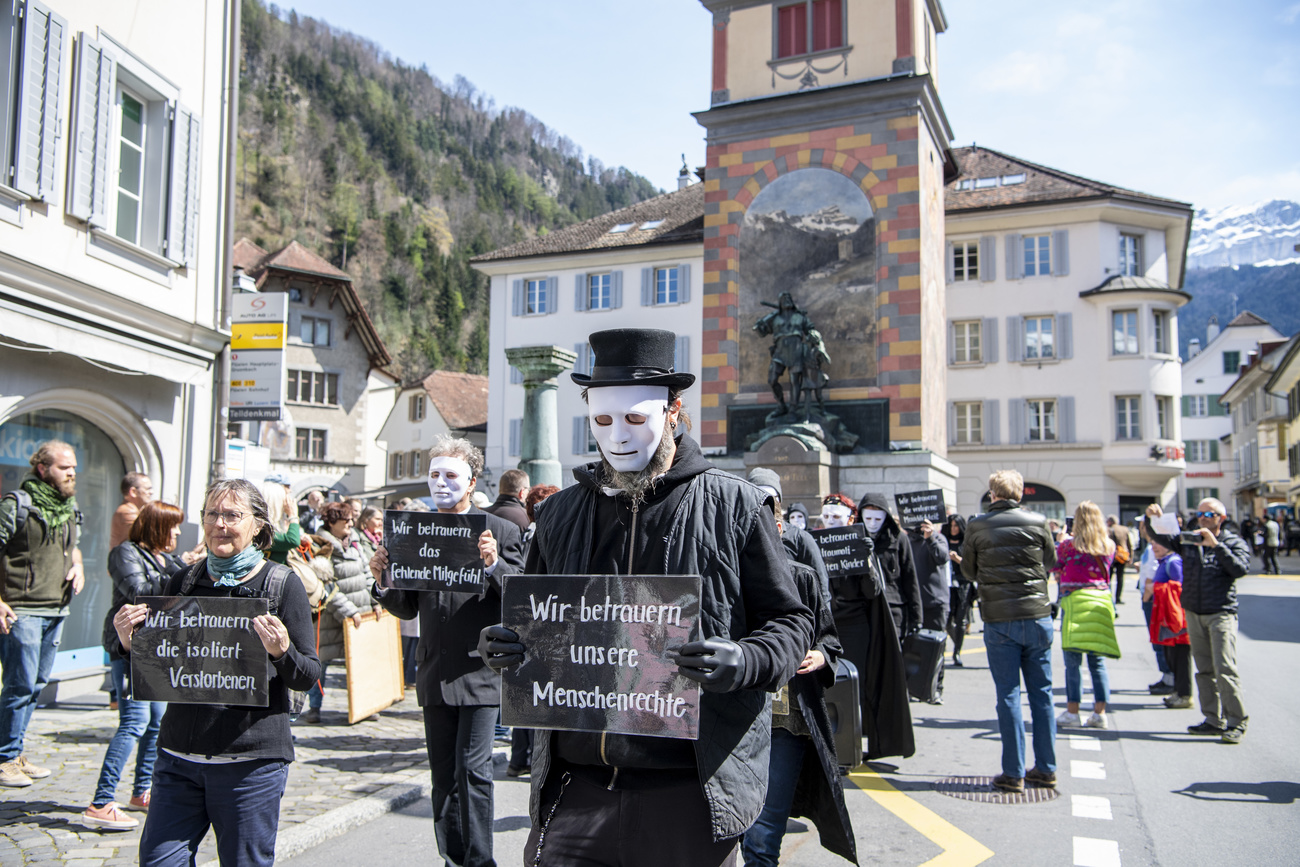
There had been calls for large demonstrations on social media for several Swiss towns and cities this weekend, including Zurich, Winterthur and St Gallen, the latter the site of violent clashes between police and protestors on Easter weekend.
Protest organisers had hoped for a turn-out of 10,000 in Altdorf. Authorities in canton Uri had refused to authorise the demonstration, arguing it would be difficult to enforce the obligation to wear face masks. The canton is currently experiencing a surge in Covid cases.
In anticipation of the protest going ahead, police set up checkpoints on access roads into the town and on public transport.
Quiet Friday night
Despite calls for violence, unrest did not materialise in St Gallen on Friday night. Still, police removed from the city some 90 people who had travelled from outside the canton to take part in riots. Around a third of them were minors. In all, 40 people were brought in for questioning, mostly for having defied eviction orders issued in the previous weeks.
The police had gathered in numbers in anticipation of trouble following riots on Good Friday that saw officers firing rubber bullets and tear gas at demonstrators. At the end of March, 200 young people took part in an unauthorised gathering that degenerated into clashes and property damage after police intervened.
The police were also present in the northern cities of Zurich and Winterthur on Friday night, where riots had been announced, but there were no reports of trouble, according to Swiss public television SRF.
Several Swiss regions have banned protest marches on the grounds of maintaining social order and enforcing lockdown restrictions on the number of people who can gather in one location.
Dialogue with young people
In a radio interview with SRF on Saturday, the president of the Conference of Cantonal Justice and Police Directors, Fredy Fässler, conceded there was a need for dialogue with youth amid the Covid health crisis, notably about how to get through the next few months while keeping the infection rate under control.
“Up until now, we have not talked to young people,” said Fässler, who is also the St Gallen security chief. It was not the job of the police to solve social problems, he added, but to ensure peace and order.
On Monday the youth branches of five Swiss political parties wrote an open letter asking that young people have more say in the government’s management of the Covid-19 pandemic.
Fässler did not rule out the possibility of having different rules for young people within existing regulations to fight the virus. Surveys show that, more than any other age group, young people have felt isolated and alone during the pandemic. Although the government has eased some lockdown measures in recent weeks, restaurants, bars and nightclubs remain closed. Outdoor gatherings are limited to 15 people.
“Young people have different wishes than 50-year-olds – they want to meet and have fun,” he said.
In a separate SRF interview, federal justice minister Karin Keller-Sutter said it was “important that we also seek dialogue with young adults.”

In compliance with the JTI standards
More: SWI swissinfo.ch certified by the Journalism Trust Initiative
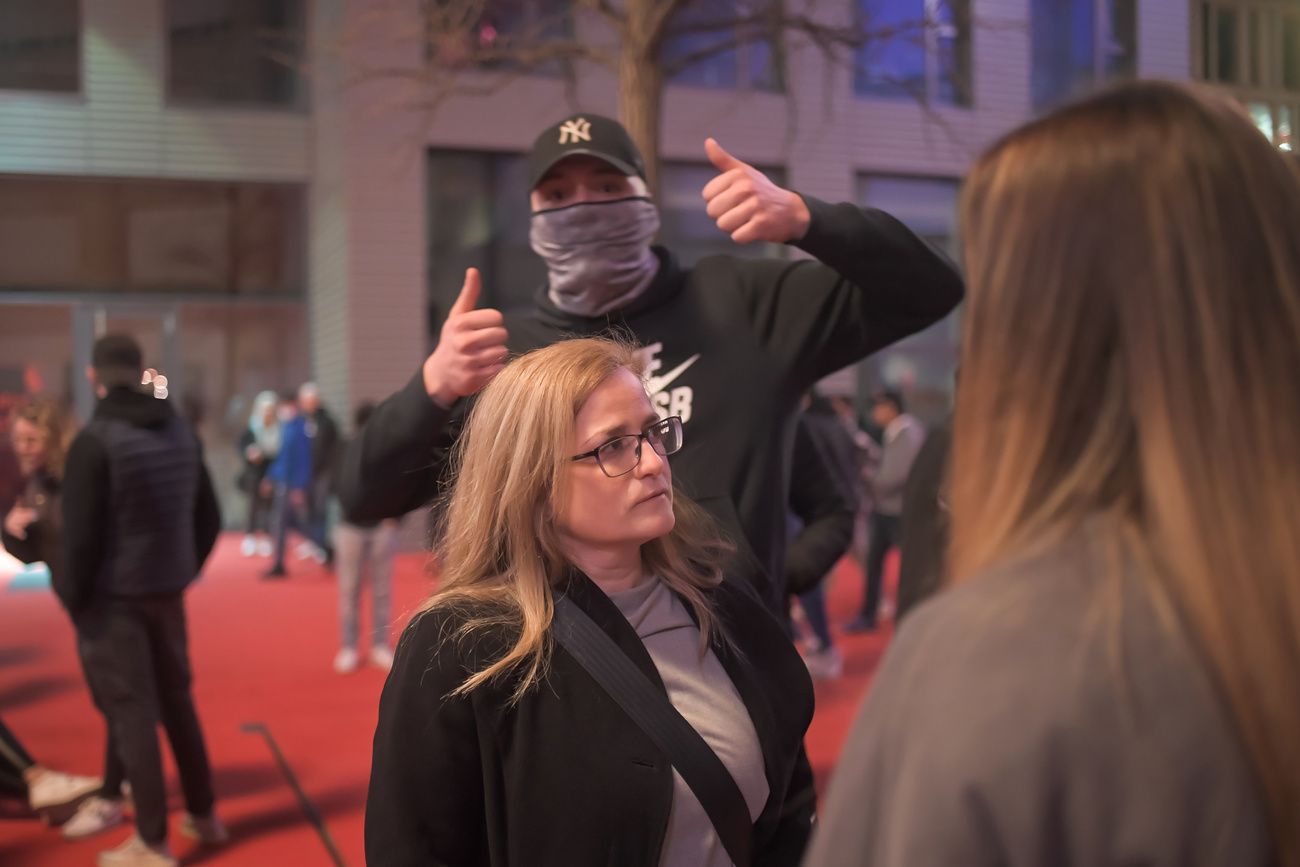
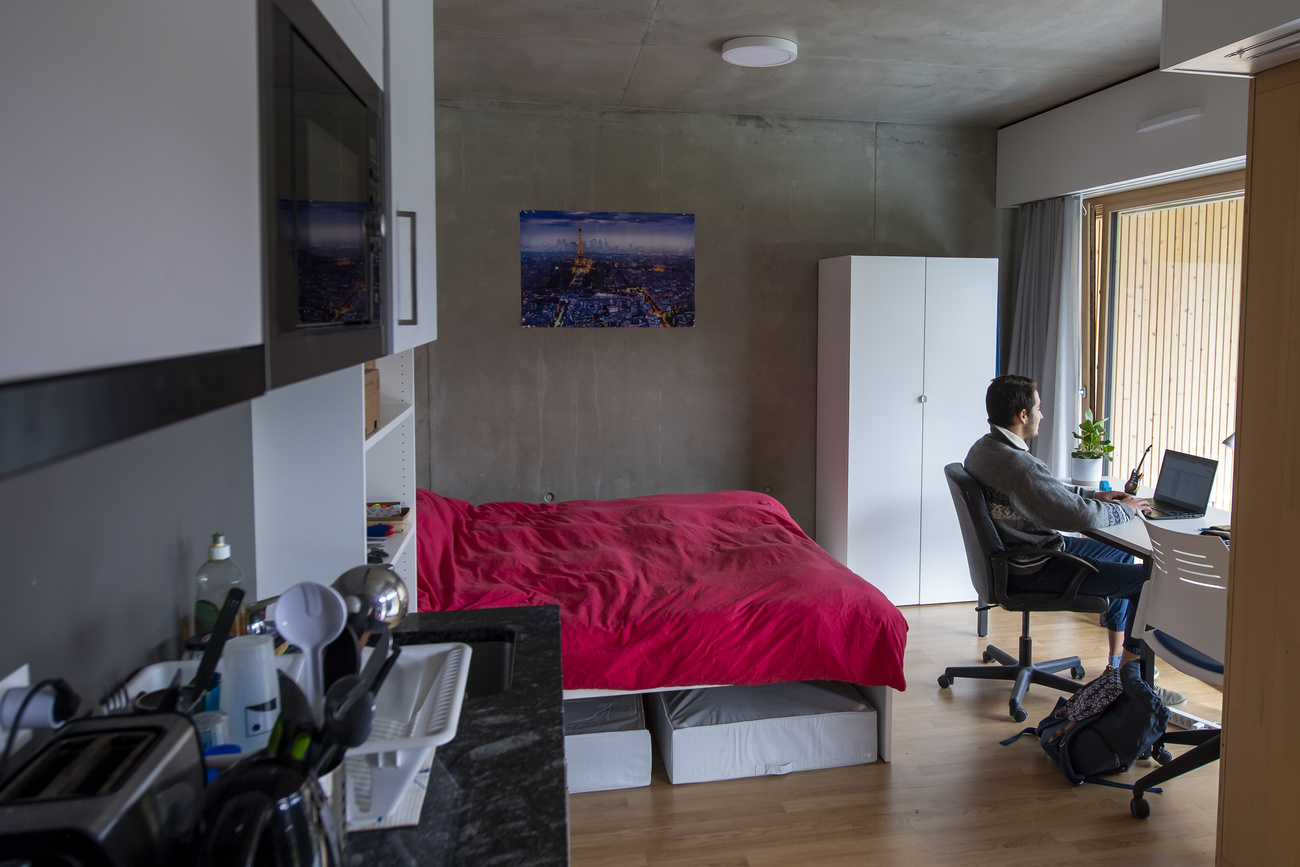
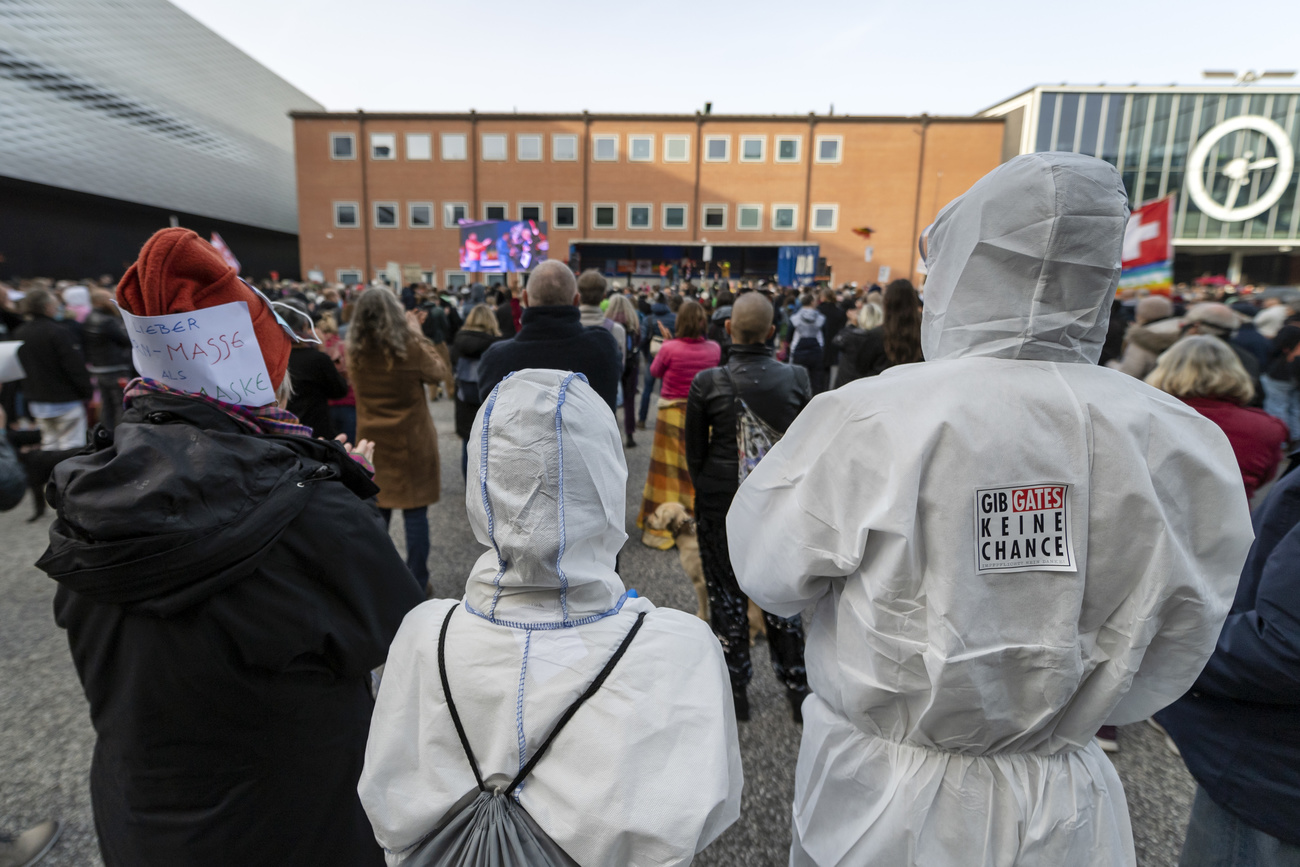
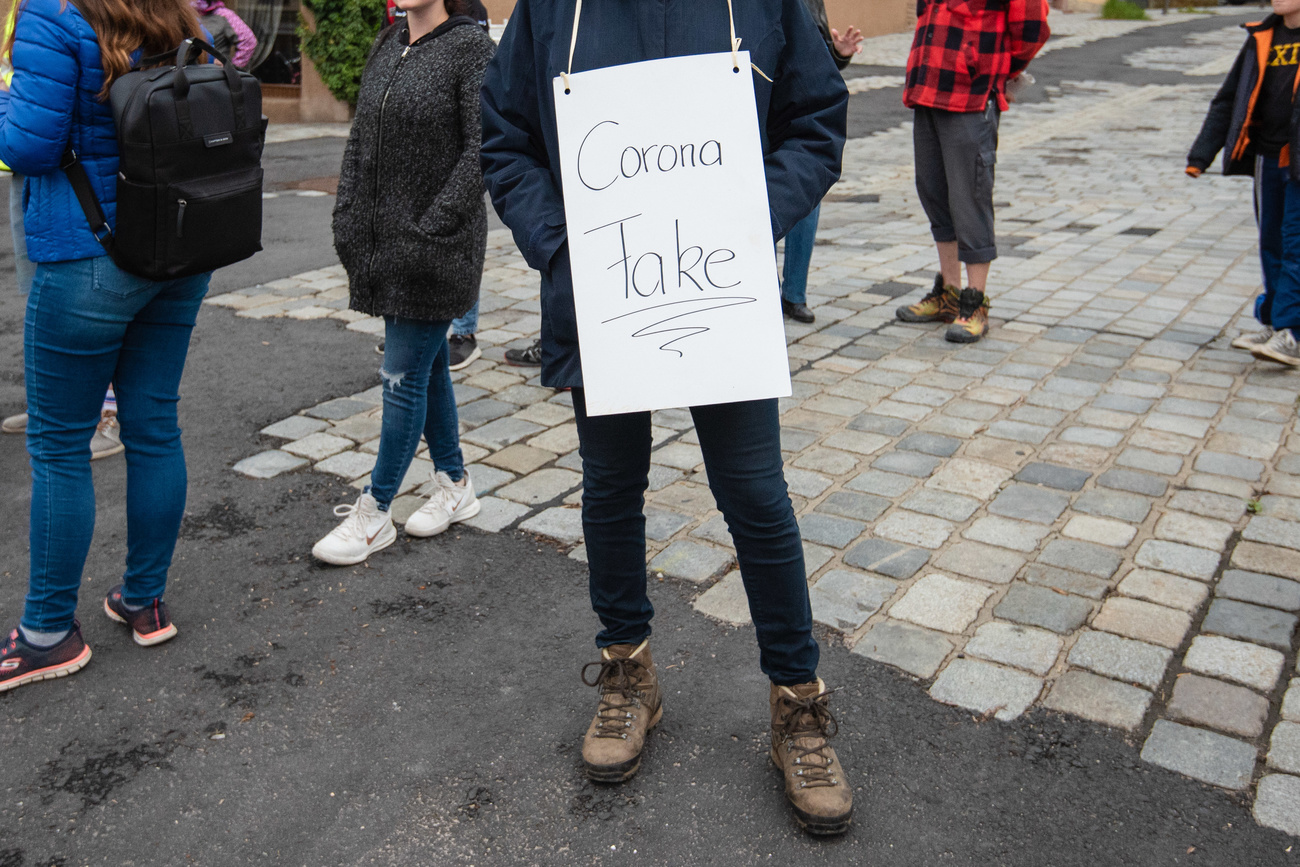
You can find an overview of ongoing debates with our journalists here. Please join us!
If you want to start a conversation about a topic raised in this article or want to report factual errors, email us at english@swissinfo.ch.